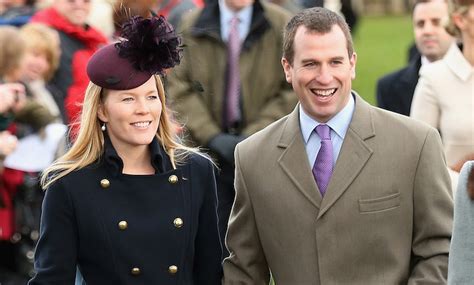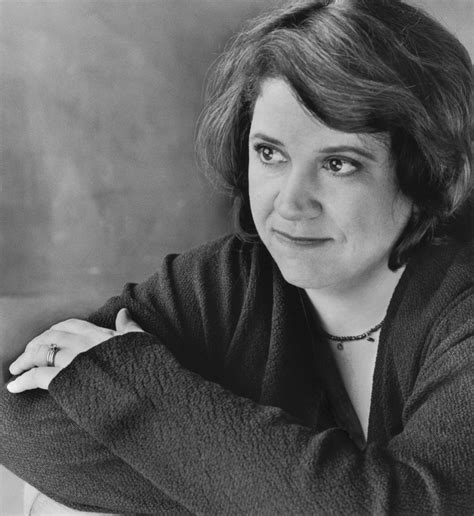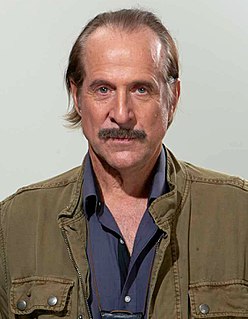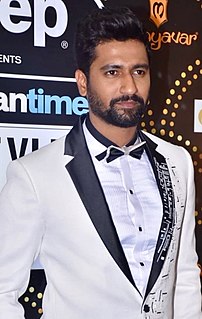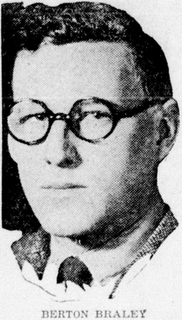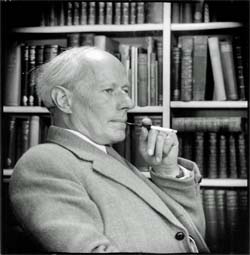A Quote by Autumn Phillips
Well, I've never dropped the word 'eh.' That's still at the end of my sentence, replacing the question mark.
Related Quotes
Never trust the translation or interpretation of something without first trusting its interpreter. One word absent from a sentence can drastically change the true intended meaning of the entire sentence. For instance, if the word love is intentionally or accidentally replaced with hate in a sentence, its effect could trigger a war or false dogma.
Every sentence has a truth waiting at the end of it and the writer learns how to know it when he finally gets there. On one level this truth is the swing of the sentence, the beat and poise, but down deeper it's the integrity of the writer as he matches with the language. I've always seen myself in sentences. I begin to recognize myself, word by word, as I work through a sentence. The language of my books has shaped me as a man. There's a moral force in a sentence when it comes out right. It speaks the writer's will to live.
Did you ever spell a word so bad that your spell check has absolutely no clue what you're trying to spell? What do you end up getting, you end up getting, like, a question mark. You got a million dollars of technology just looking back at you like, 'You got me, buddy. Which is pretty amazing because I have all the words.'
We cannot control the way people interpret our ideas or thoughts, but we can control the words and tones we choose to convey them. Peace is built on understanding, and wars are built on misunderstandings. Never underestimate the power of a single word, and never recklessly throw around words. One wrong word, or misinterpreted word, can change the meaning of an entire sentence - and even start a war. And one right word, or one kind word, can grant you the heavens and open doors.
